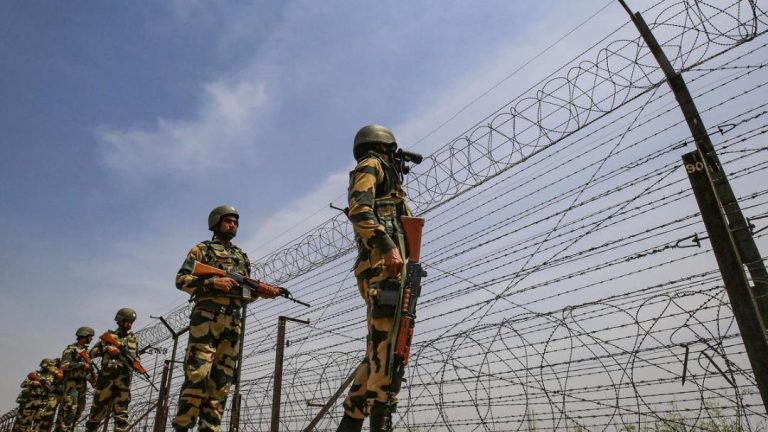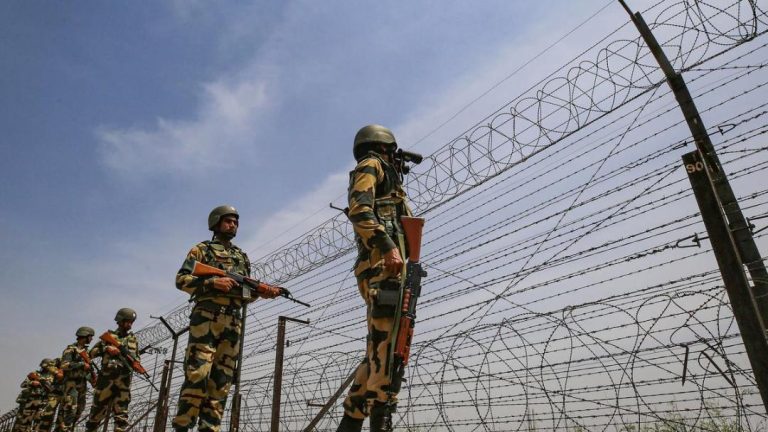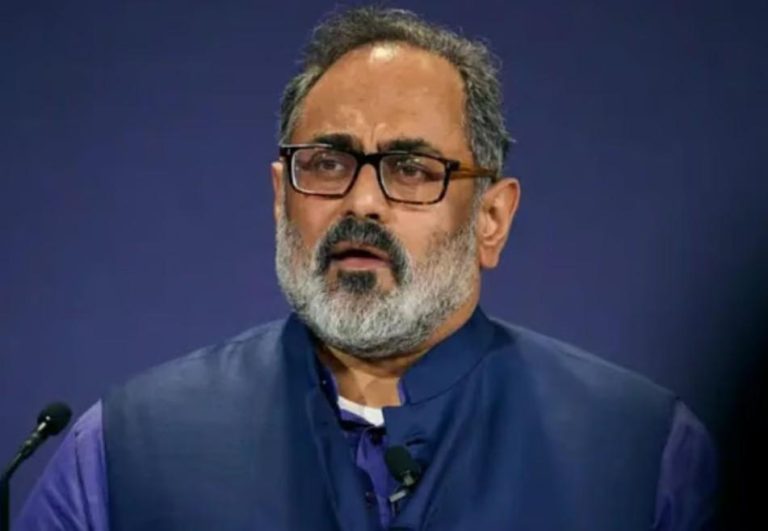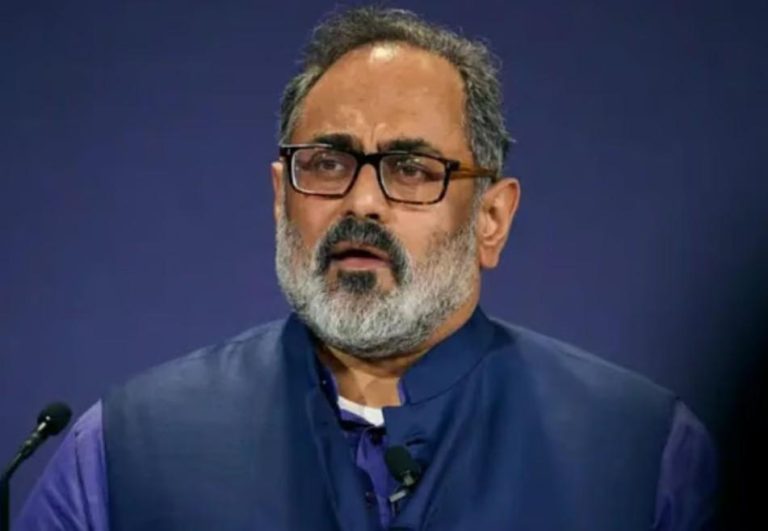
Indian National Jailed for 4 Years in Sri Lanka for Match-Fixing
In a shocking turn of events, an Indian national, Yogi Patel, has been sentenced to four years in prison for match-fixing in Sri Lanka’s 2024 Legends League T20 tournament. According to a report, Patel was found guilty of proposing to fix matches and was fined a staggering SLR 85 million (approximately Rs. 4.5 crores).
The incident has sent shockwaves through the cricketing world, with many calling for stricter measures to prevent match-fixing in the sport. In addition to the prison sentence, Patel was also ordered to pay a significant sum of SLR 2 million (approximately Rs. 10.5 lakhs) to Upul Tharanga, the chairman of Sri Lanka selectors, for defamation.
Patel’s involvement in the match-fixing scandal was uncovered during an investigation into the 2024 Legends League T20 tournament, which was played in Sri Lanka. The tournament featured a number of former international cricketers, including some of the biggest names in the sport.
Match-fixing is a serious offense in the world of cricket, and can have severe consequences for both the individuals involved and the sport as a whole. Cricket is a highly popular sport in India, Sri Lanka, and many other countries around the world, and match-fixing can undermine the integrity of the game and damage the reputation of the sport.
The Sri Lankan court’s decision to sentence Patel to four years in prison is a significant step in the fight against match-fixing. It sends a strong message that the authorities will not tolerate any form of corruption or cheating in the sport, and that those who engage in such behavior will be held accountable.
In recent years, there have been a number of high-profile cases of match-fixing in cricket, including the infamous 2010 IPL spot-fixing scandal in India. The scandal involved several players from the Indian Premier League (IPL) who were accused of accepting bribes to fix matches. The scandal led to widespread outrage and calls for stricter measures to prevent match-fixing in the sport.
The Sri Lankan court’s decision to sentence Patel to four years in prison is a significant step in the fight against match-fixing. It sends a strong message that the authorities will not tolerate any form of corruption or cheating in the sport, and that those who engage in such behavior will be held accountable.
In addition to the prison sentence, Patel was also ordered to pay a significant sum of money to Upul Tharanga, the chairman of Sri Lanka selectors, for defamation. The exact nature of the defamation allegations was not specified in the report, but it is likely that Patel made false accusations against Tharanga or damaged his reputation in some way.
The court’s decision to order Patel to pay damages to Tharanga is a significant aspect of the case. It highlights the importance of protecting the reputation of individuals who are involved in the sport, and the need to prevent false accusations and defamation.
In conclusion, the sentence of four years in prison handed down to Yogi Patel for match-fixing is a significant step in the fight against corruption in cricket. It sends a strong message that the authorities will not tolerate any form of corruption or cheating in the sport, and that those who engage in such behavior will be held accountable. The case also highlights the importance of protecting the reputation of individuals who are involved in the sport, and the need to prevent false accusations and defamation.






